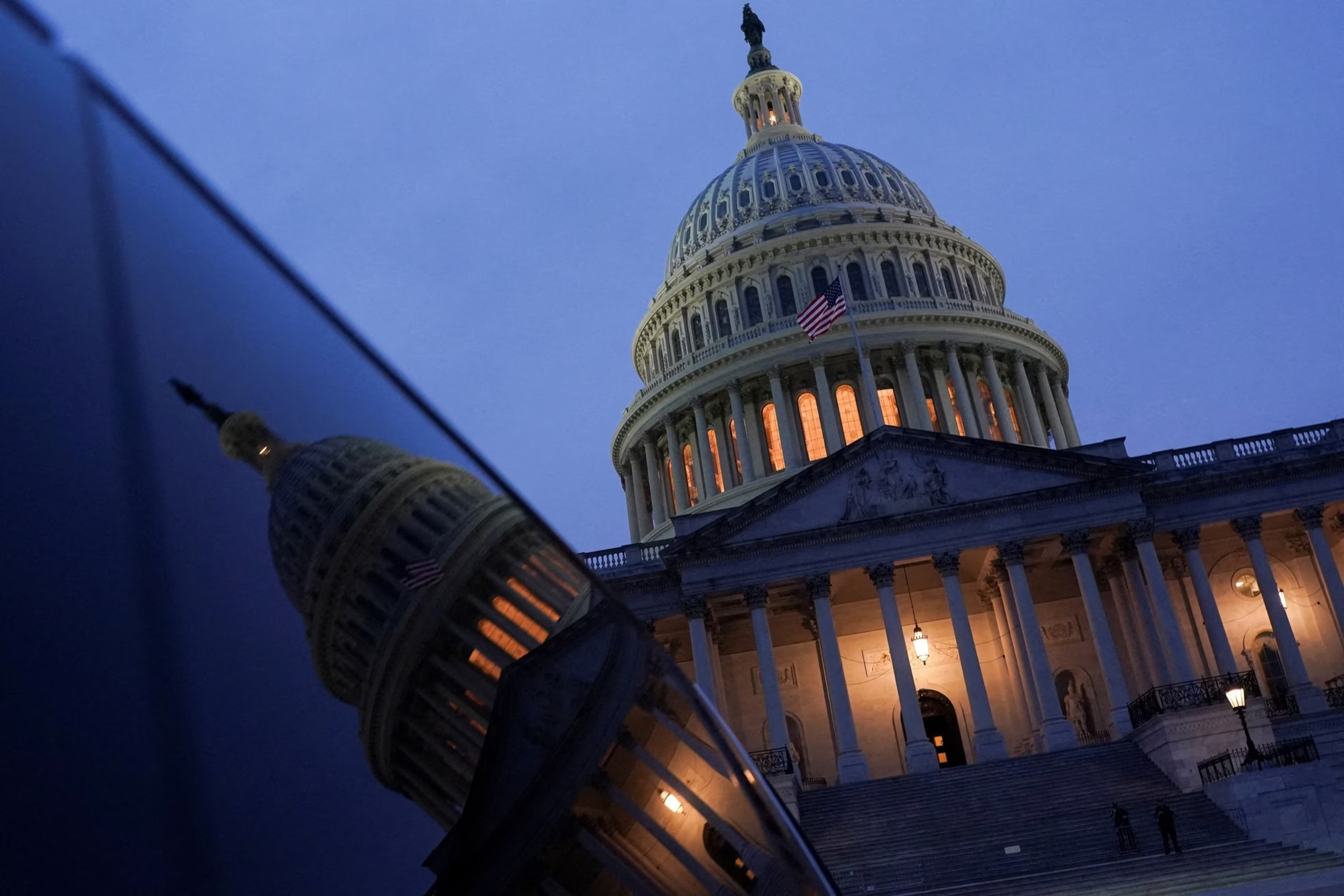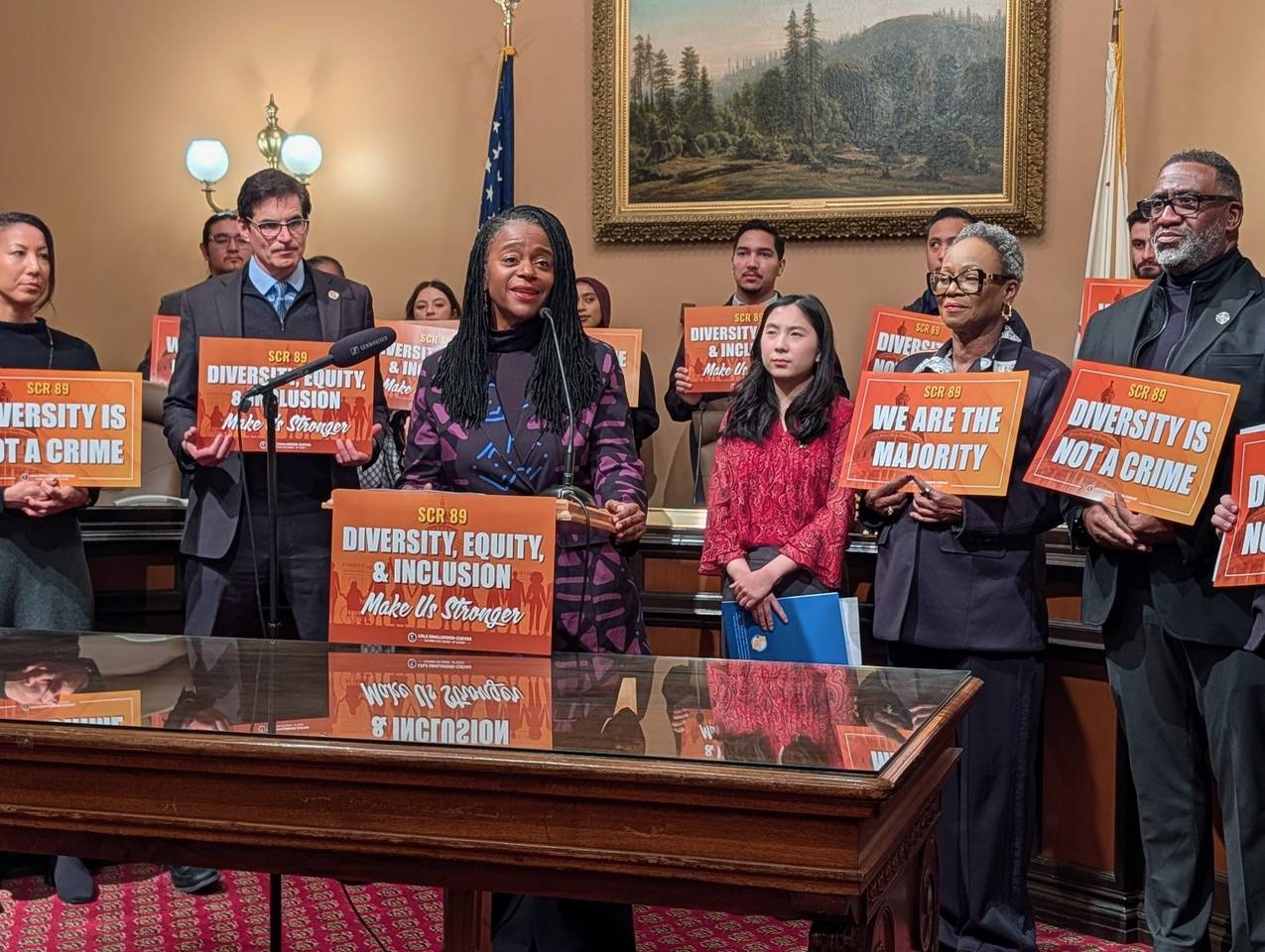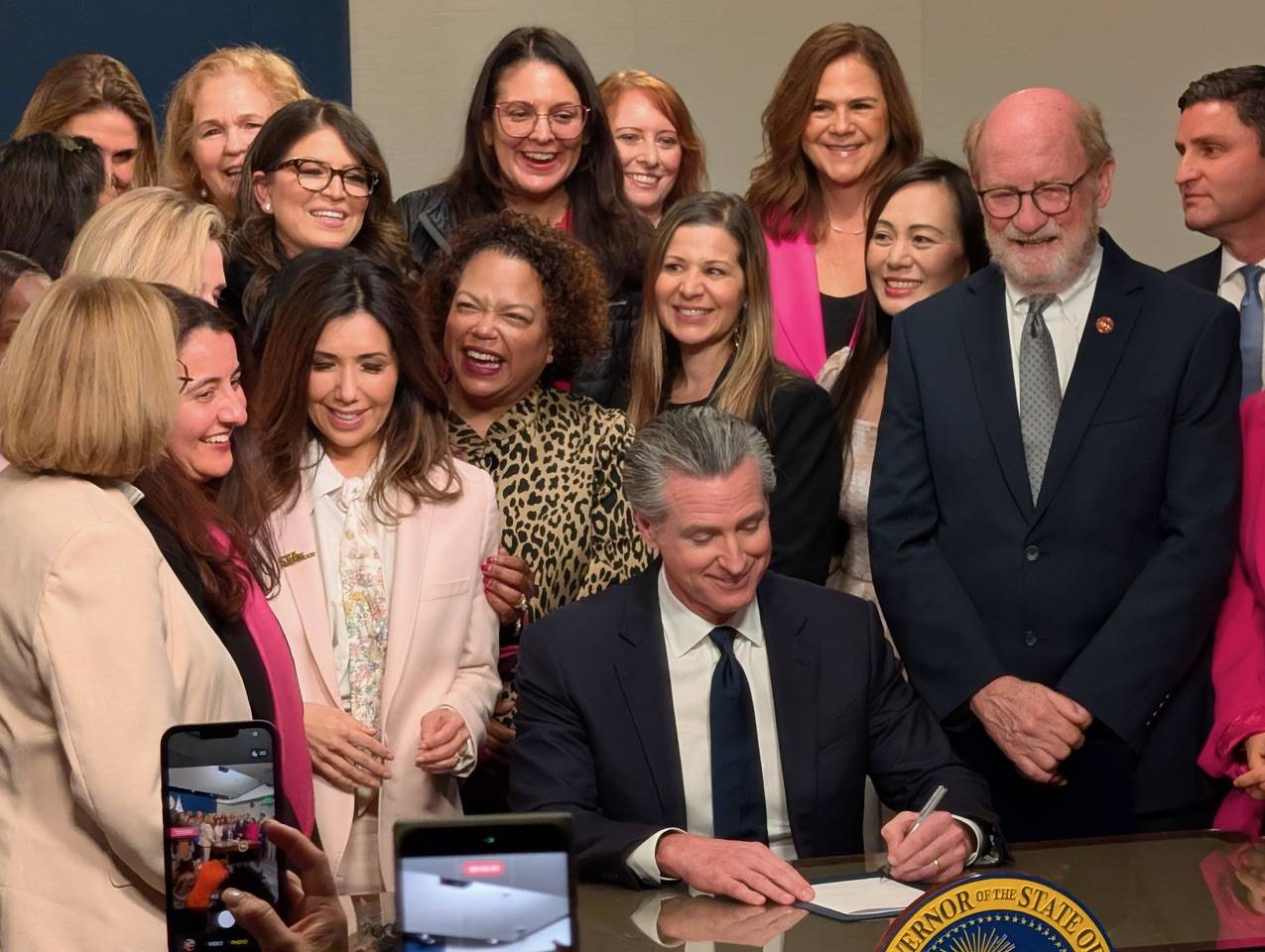The day before the federal government shutdown began, Rep. Sydney Kamlager-Dove (D-CA-37) warned on September 30 that Inland Valley residents would face sweeping consequences—including loss of health care access, stalled business loans, and disruptions to vital social services—due to Congress’s failure to act.
“This administration has all the gavels, all the votes, and the ability to keep the government open. And they are refusing to do so,”Kamlager-Dove said during a press call. “That shows just how out of touch and how much disregard the president actually has for the American people.”
The congresswoman laid out stark numbers for California.
According to Kamlager-Dove, more than 32,000 residents could lose access to the Women, Infants and Children (WIC) nutritionprogram, 4,000 federal workers would be furloughed and roughly 58,000 people in her district could lose health care coverage.
Statewide, more than 200,000 active-duty and reserve personnel would be working without pay.
She also warned of economic fallout, noting that the Small Business Administration would halt loan processing, blocking an estimated $4 billion in lending to California businesses.
Agriculture funding would also freeze, costing the state more than $77 million.
“These are real-life, real-time impacts,” she said. “And every single one of them would be felt in our Black community, our Latinocommunity, our working-class families — folks who are already vulnerable.”
During the call, Inland Valley News asked Kamlager-Dove how Black arts, cultural and social service organizations, many of which depend on federal grants, could weather a shutdown.
“In the event of a shutdown, only essential services and essential functions would be funded. That would mean everything else would be on pause until the government reopens,” Kamlager-Dove replied. “We have our website actually up and ready to go in case there is a shutdown to let folks know how they can call us so that we can help. That’s actually where my office will need to step in.”
She explained that her staff would work to connect constituents with agencies and track down funds that had already been allocated but delayed.
Beyond short-term assistance, she stressed the importance of protecting cultural institutions.
“I would argue that our cultural institutions are incredibly critical right now. You see how he’s trying to take a bludgeon to the Smithsonian, how he’s trying to erase history. He is deeply
afraid of Black culture,” she said. “So we’ve been engaging with outside groups, and we’re also realizing that a lot of people areconcerned and scared because this administration has been so punitive and retaliatory.”
Kamlager-Dove underscored that health care would be among the hardest-hit areas.
Cuts to the Affordable Care Act, she said, would drive up premiums, shutter community clinics, and cost providers their jobs.
“Over 22,000 folks in my district would lose access to health care,” she noted. “That is very serious for our state but also for ourBlack community because we have Black farmers, Black businesses, folks in the armed services, pregnant mothers and youngfamilies — all of whom would be impacted.”
The congresswoman added that House Democrats remain committed to defending Obamacare and expanding access, even if it means weathering political backlash.
“We must stand up to these egregious, incoherent and inhumane policies,” she said. For Inland Valley residents, the effects of a shutdown would be felt in several ways.
Federal workers living in San Bernardino and Riverside counties could face missed paychecks; nonprofits that rely on federal grants, including arts and cultural organizations, might see funding frozen; housing vouchers, food assistance and other programs could be delayed; and local businesses applying for SBA loans would face a halt in processing.
Economists warn that even short shutdowns ripple through local economies, delaying projects and straining households that live paycheck to paycheck.
Kamlager-Dove said she has heard from constituents urging her to fight, even if it means enduring a shutdown.
She pledged to keep holding town halls, updating residents and pushing agencies to prioritize community needs.
“My hope is that we can all continue to tell the stories about why government matters,” she said. “Because at the end of the day, it isthe government that funds roads, health care, schools, food safety and so much more. We cannot allow anarchy to replace accountability.”







